Runny nose, itchy skin, dry skin, rashes, watery eyes, sneezing, itchy nose, hives, coughing……
Do you experience those most of the time? If yes means you are undergoing allergies. Well, those symptoms are just SOME of an estimated 50 million people experience when they come into contact with triggering allergens.
Examples of allergens are dust, pet dander, foods (like wheat, soy, and dairy products) and pollen.
Some people experience allergies year around while other types of allergies are seasonal.
As a result, our bodies do not always develop natural resistance (antibodies) to common allergens and we suffer from allergies that can range from mild nuisances to severe chronic conditions.
In a perfect world, everyone would have a healthy inner ecosystem that keeps us in balance, just as the Earth’s ecosystems keep it in balance. In humans, however, this inner ecosystem is the health of your intestines and digestive tract.
When your inner ecosystem is in balance, your intestines are teeming with the beneficial bacteria and yeast (microflora) that keep your immune system strong.
With the right balance of beneficial microflora, you can fight off allergens and infections (including viral, fungal and bacterial infections).
What is Probiotics?
Probiotic is a term often used interchangeably with microflora, except that often, probiotics implies the microflora we can consume (in supplements, foods, liquids). Consuming probiotics (especially those that are native to the human digestive tract) can help boost your inner ecosystem and your immunity.
Probiotics have been proven effective in the remedy of these allergies:
- Birch pollen allergy in children
- Cedar pollen allergy in adults
- Eczema in infants and children
And these are just the specific allergies that have been studied.
For nearly all allergies, especially those to food, probiotics have these positive effects on your body:
- Improve function of the mucosal lining of the intestines
- Hinder growth of pathogenic (bad) bacteria
- Stimulate production of immune enhancing substances
Direct influence on immune response
In a research project in Norway called the “Prevention of Allergy Among Children in Trondheim,” researchers compared mothers who drank one glass of probiotic milk a day to women who were given a placebo. The mothers began drinking the milk beginning at week 36 in their pregnancy and continued up to three months after giving birth. The result, reported by Science Daily in Probiotics Use in Mothers Limits Eczema in Their Babies, Study Finds a decrease of the occurrence of eczema in their children by 40 percent up to the age of two.
A similar study led by Finnish researchers also concluded that exposing pregnant mothers and infants to probiotic bacteria could be beneficial to the immune system. The team found that by stimulating the growth of the immune system, probiotics could play a role in preventing allergies.

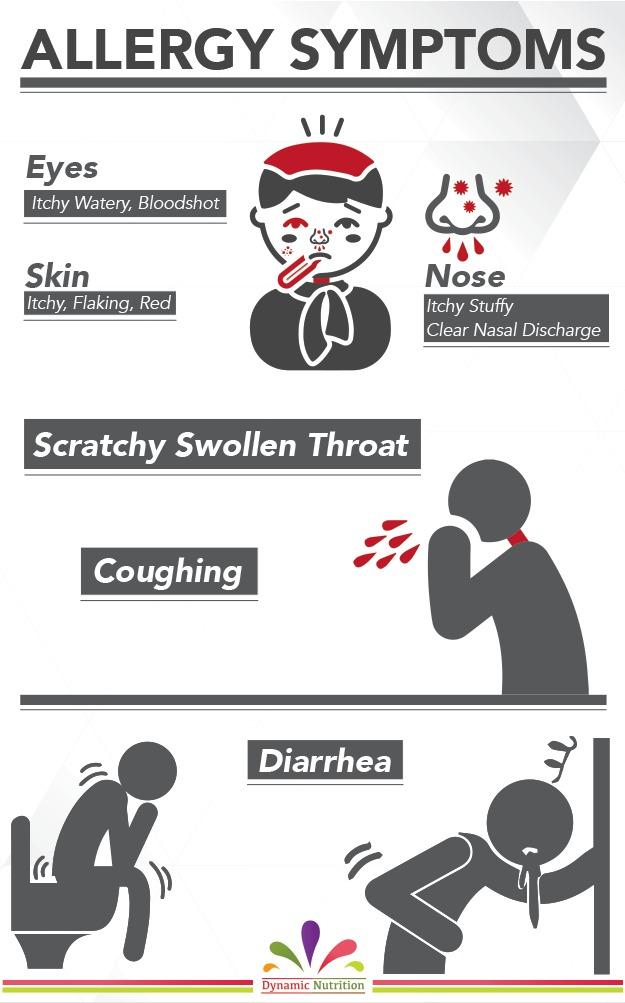


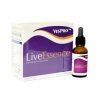


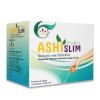
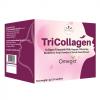
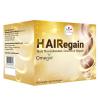
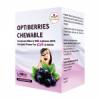
Facebook Comments